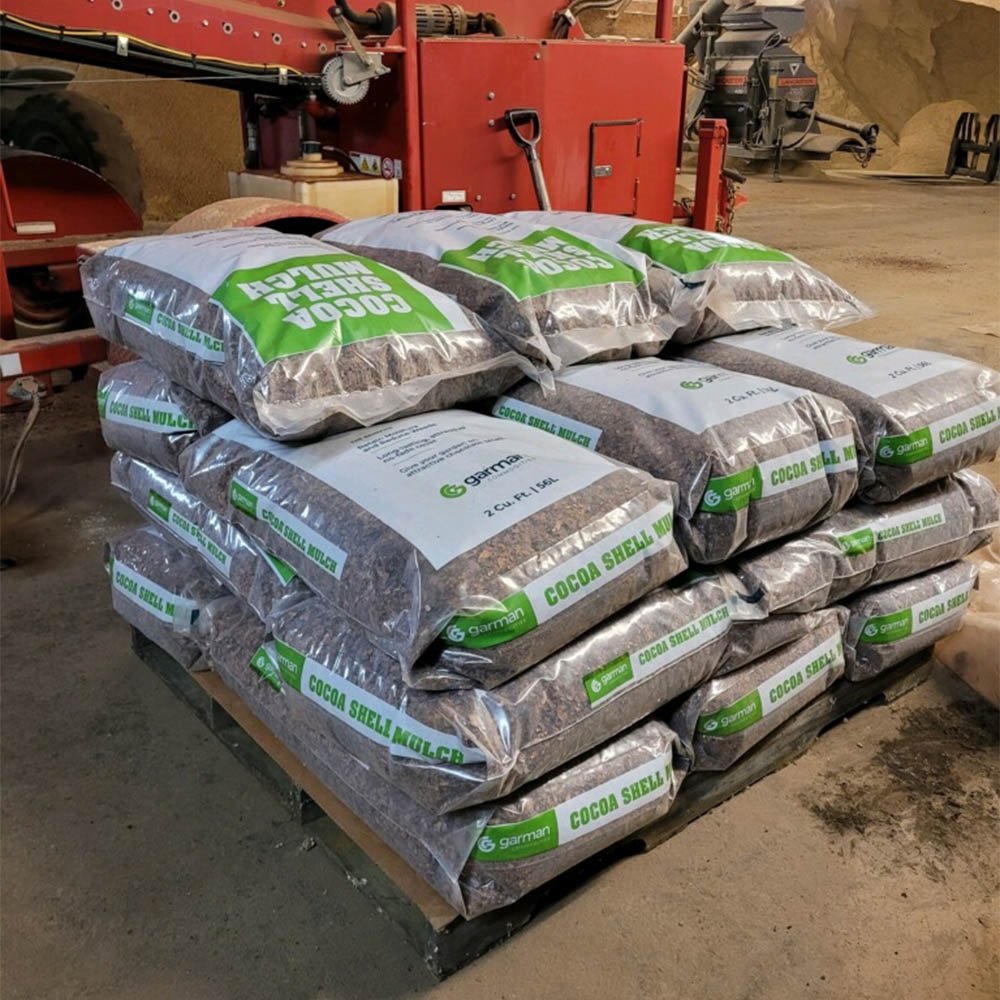The role of agriculture and landscape bags become important when it comes to sustainable farming practices. From reducing farming’s impact on the environment to helping with water management and protecting crops, these bags can play a key role in making farming more eco-friendly.
The below-given points will give you an idea of how agriculture and landscaping bags can achieve the goal of sustainable farming.
Improving Soil Health:
One of the most important components of sustainable farming is improving soil health.
By using agriculture and landscape bags, farmers can reduce soil erosion, prevent soil compaction, and promote nutrient-rich soil.
This can be achieved by using bags to cover crops during off-seasons, allowing for more nutrient uptake in the soil. Farmers can also use bags to mulch plants, which helps retain moisture and nutrients. Additionally, bags can be filled with compost or manure and left to decompose, providing natural fertilizers for plants. This way, farmers can maintain healthy soils and ensure the long-term sustainability of their farms.
Reducing the Use of Fertilizers and Pesticides:
These bags can be used to hold organic fertilizers and compost, which can be applied directly to the soil. This eliminates the need for synthetic fertilizers and pesticides, which can have negative impacts on the environment and human health.
Improving Water Management:
Agriculture and landscape bags can also be used to improve water management on farms.
By using these bags to hold water, farmers can reduce their reliance on irrigation systems, which can be expensive and wasteful.
This can also help to prevent soil erosion and reduce the amount of runoff that enters nearby streams and rivers. For example, bags filled with soil, sand, or mulch can be strategically placed to create retaining walls, divert water flow, or anchor plants.
Protecting Crops from Pests and Disease:
Insects and pests are often a top concern for farmers as they damage the crops. To deal with them, farmers can use agriculture and landscape bags to cover the crops. And this can minimize the requirement for chemical pesticides that pose a threat to both human health and the environment.
Enhancing Composting:
Composting is a critical part of sustainable farming practices. Not only does it reduce waste, but it also enriches the soil and improves crop yield.
To enhance composting, consider using agriculture and landscape bags to store and transport organic matter to the composting site.
The bags help to contain the materials and prevent pests and odors. In addition, use bags made of natural fibers that can decompose along with the compost material. Be sure to turn and aerate the compost pile regularly to speed up decomposition, and use compost in the garden or field to promote healthy plant growth.
Recycling and Reusing:
Recycling and reusing agriculture and landscape bags is an important aspect of sustainable farming practices. Bags like soil bags or grow bags can be reused multiple times before being recycled.
Repurposing them as weed barriers, plant covers, or even storage containers is a great way to minimize waste and promote sustainability.
When it is time to dispose of them, make sure to do so responsibly by taking them to a recycling facility or using a company that specializes in recycling agricultural plastics.
Wrapping Up
By incorporating agriculture and landscape bags into their operations, farmers can improve their yields, reduce their impact on the environment, and create a more sustainable future for themselves and future generations. You can also consult your farming bag providers to learn more about the bags made from organic materials and how they can be incorporated into your farming.

